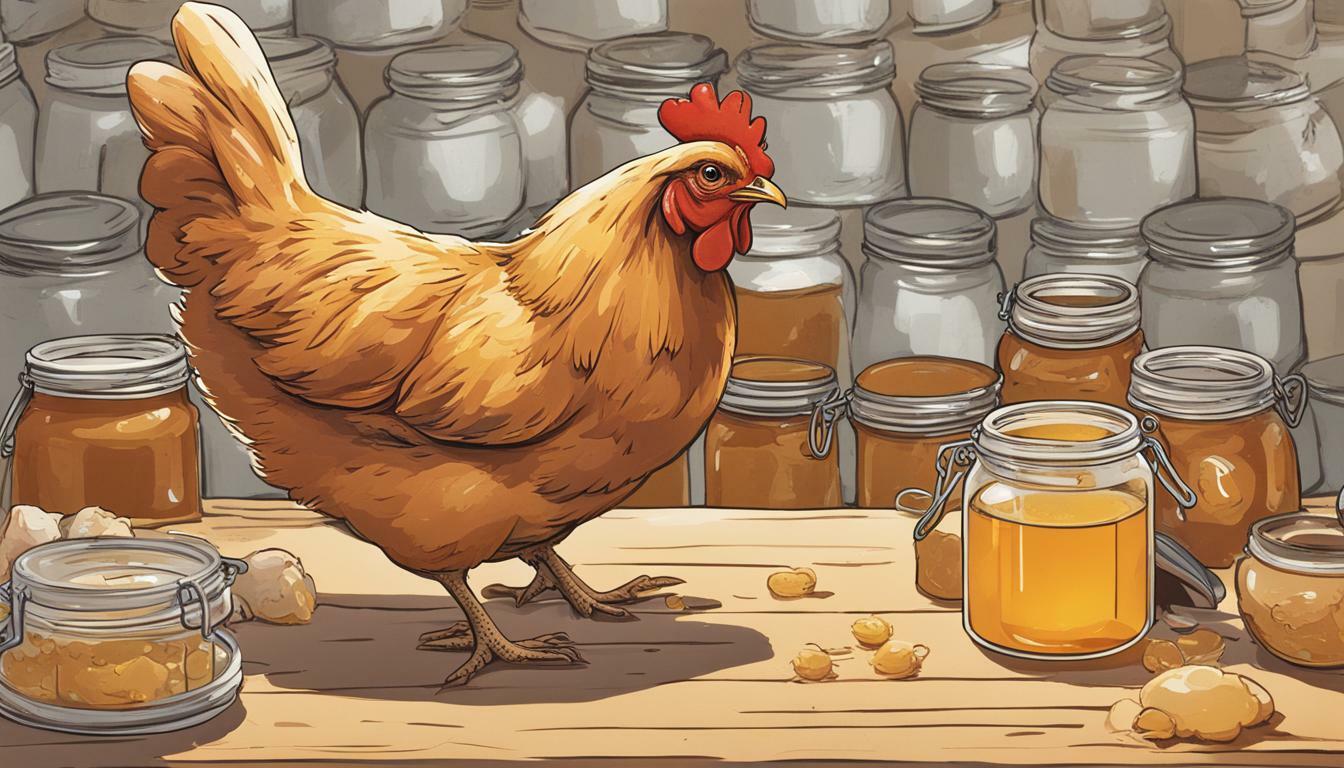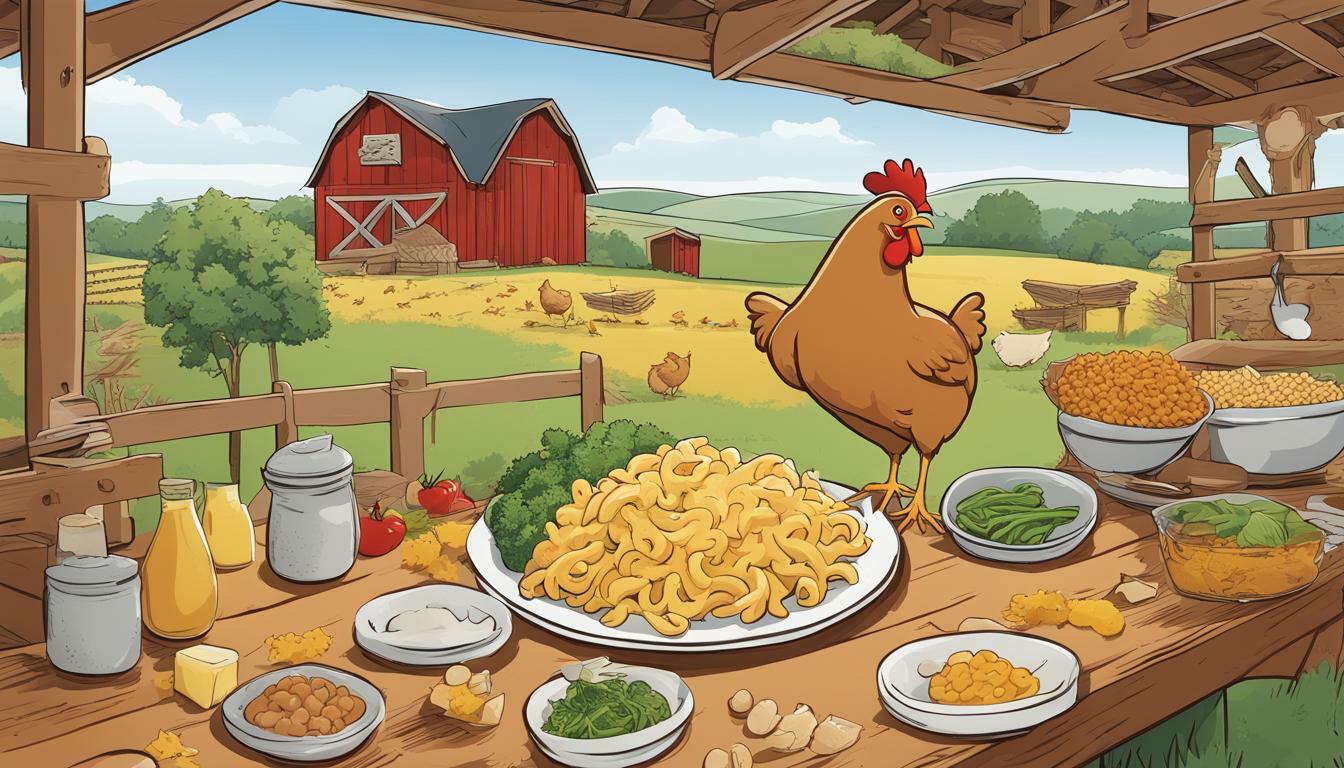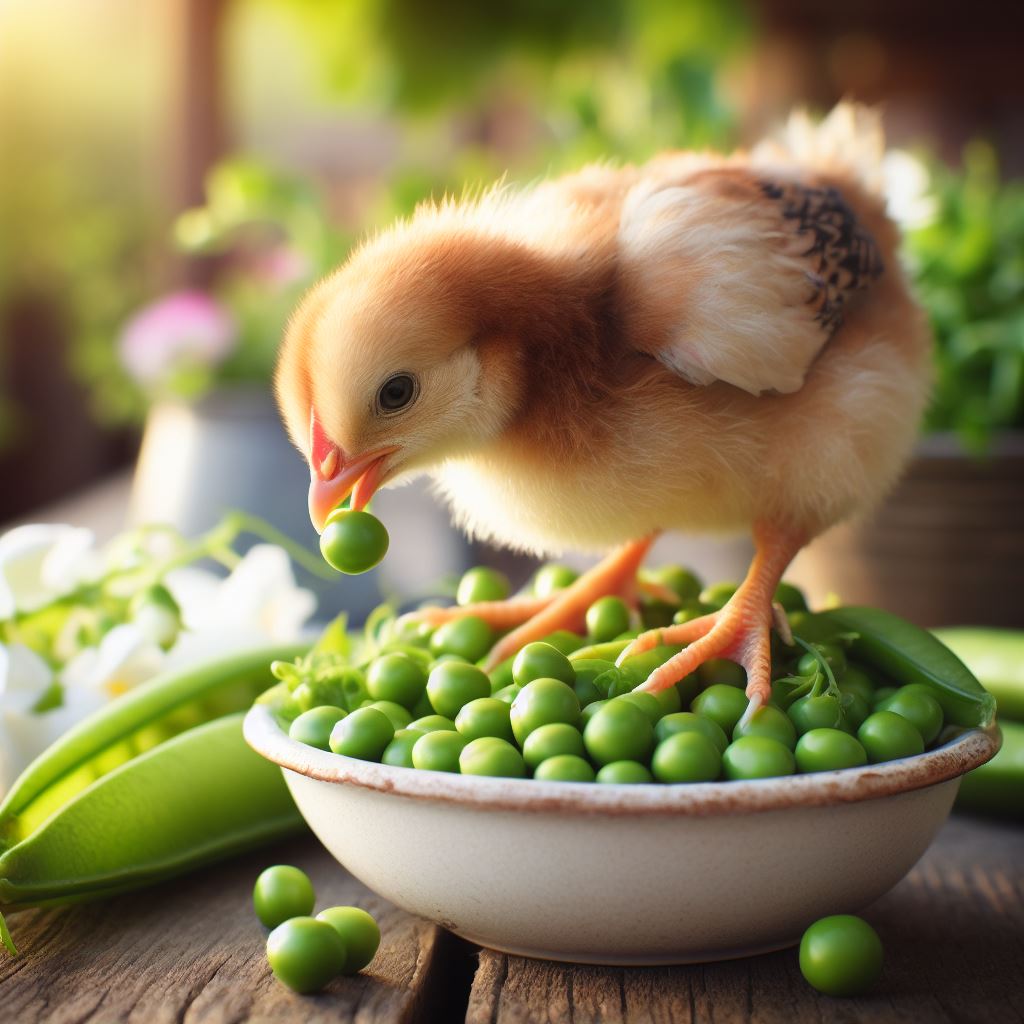Can Chickens Eat Jicama? Exploring a Healthy Treat Option

Table of content:
Jicama is a tasty and nutritious root vegetable that can make a great addition to any backyard chicken’s diet. But before you start tossing jicamas into the coop, it’s important to understand the pros and cons of feeding this veggie to chickens. In this article, we’ll cover everything you need to know about feeding jicama to chickens.
Is Jicama Good for Chickens?
Jicama is safe and even beneficial for chickens in moderation. Here are some of the biggest benefits of adding jicama to your flock’s diet:
- High in fiber – The high fiber content in jicama can help support good digestion and gut health in chickens. The fiber provides substrate for healthy gut bacteria.
- High water content – Jicama is made up of over 85% water. This makes it a very hydrating treat on hot summer days.
- Nutrient rich – Jicama contains vitamins C, E, B6, and folate. It also has minerals like copper, potassium, magnesium, and manganese. These all provide added nutritional value for chickens.
- Low calorie – Jicama is low in fat and calories. This makes it a healthy treat option over high-calorie offerings like cracked corn.
So in moderation, jicama can be a nutritious part of a balanced diet for backyard chickens. It provides fiber, hydration, nutrients, and low-calorie enrichment.
How Much Jicama Can Chickens Eat?
When feeding any new treat to chickens, it’s important to go slow at first. Introduce jicama in small amounts to allow the chickens’ digestive systems to adjust. Here are some feeding guidelines:
- Start by offering chickens just a few thin slices of jicama 2-3 times per week.
- Slowly increase the amount to 1-2 inches of jicama per chicken 2-3 times per week.
- Always chop jicama into small pieces to prevent choking hazards.
- Avoid feeding chickens jicama every day, as overconsumption may lead to loose droppings. Offer it as an occasional treat a few times a week.
- Remove uneaten jicama within 1-2 hours to prevent rotting.
Following these tips will allow you to safely incorporate jicama as a supplemental treat for your flock. Monitor the chickens’ droppings and reduce the amounts if any digestive issues arise. Moderation is key when offering new treats!
Should You Peel Jicama Before Feeding Chickens?
Jicamas have a thick, brown peel similar to potatoes. But unlike a potato skin, a jicama’s peel has a tough, woody texture that can be difficult for chickens to digest. For this reason, it’s best to peel jicamas before feeding them to chickens.
Peeling the jicama will ensure your chickens can safely swallow and digest this veggie. It also removes much of the fiber content, allowing chickens to absorb more of the jicama’s nutrients.
However, small amounts of peeled jicama skin should not cause any issues if accidentally ingested. Just try to remove the majority of peel before feeding jicama to your flock. Peeling also reduces the choking risk associated with tough skin.
How to Prepare Jicama for Chickens
Follow these steps for preparing jicama as a treat for backyard chickens:
- Thoroughly wash the jicama to remove any dirt or debris.
- Using a peeler or knife, remove the brown outer skin.
- Chop the peeled jicama into small pieces no larger than 1/2 inch cubes.
- Toss the chopped jicama a few pieces at a time to your flock as a snack.
- Store any uneaten jicama in the refrigerator for up to 3 days to serve again. Or consider chopping and freezing portions for later use.
Always supervise your flock when offering new foods like jicama. Remove any uneaten pieces within a couple of hours.
For added nutrition, you can also try lightly roasting chopped jicama at 400°F for 20 minutes before feeding to chickens. Roasting brings out the veggie’s natural sweetness. Just let the jicama cool before feeding it to your flock.
Can Chickens Eat Jicama Every Day?
Jicama makes a healthy, low-calorie treat for chickens. However, you should only feed jicama in moderation – no more than 2-3 times per week. Daily jicama offerings can lead to loose droppings, nutritional imbalances, and decreased appetite for their regular feed.
Here are some reasons why jicama shouldn’t be fed daily:
- High fiber content – Too much fiber from jicama can irritate chickens’ digestive systems. Moderation is key.
- Natural toxins – Jicama contains small amounts of oxalates, like spinach and beet greens. Too much can interfere with calcium absorption.
- Unbalanced nutrition – While nutritious, jicama lacks the complete nutrition chickens need from their starter and layer feed.
- Decreased feed intake – Feeding jicama daily may cause chickens to fill up on the tasty treat instead of their balanced feed.
So in summary, jicama makes a great occasional treat for chickens, but should not become a daily indulgence. Continue feeding a quality complete feed according to package directions, and limit jicama to a couple of times a week.
Other Root Vegetables Chickens Can Eat
If your chickens enjoy jicama, they may also like other beneficial root vegetables including:
- Sweet Potatoes – An excellent source of vitamin A and beta carotene. Peel before feeding.
- Winter Squash – Provides vitamin A, potassium, and fiber. Try acorn, butternut, or pumpkin.
- Parsnips – High in folate, manganese, and fiber. Chop thoroughly to prevent choking.
- Carrots – Full of vitamin A and antioxidants. Can feed carrots daily. Great for easy eating.
- Turnips – provide calcium, magnesium, and vitamin C. Peel outer skin before feeding.
- Radishes – Offer nutrient diversity, including vitamin C, potassium, and calcium. Slice into small pieces.
When introducing any new veggie, start slowly and watch for signs of digestive upset. This will allow the chickens’ systems to adjust. A quick tip: Try mixing a few cubes of different root veggies in one treat portion to provide fun variety for your flock!
Final Thoughts on Feeding Jicama to Chickens
Jicama is a crunchy, mildly sweet tuber veggie that can offer beneficial nutrition, fiber, and hydration for backyard chickens. Chickens that enjoy treats will readily eat jicama. However, moderation is key, and jicama should only be fed 2-3 times per week. Always peel jicamas, chop them into small pieces, and remove uneaten portions promptly to prevent spoilage. Pair jicama with other nutritious root vegetables like sweet potato, squash, carrots, and parsnips for treat variety. Follow these tips to safely incorporate delicious jicama into your flock’s feeding routine.
Welcome. I’m Adreena Shanum, the proud owner of this website, and I am incredibly passionate about animals, especially poultry. I founded adreenapets.com as a labor of love, stemming from my desire to share my knowledge and experiences with poultry enthusiasts worldwide.




